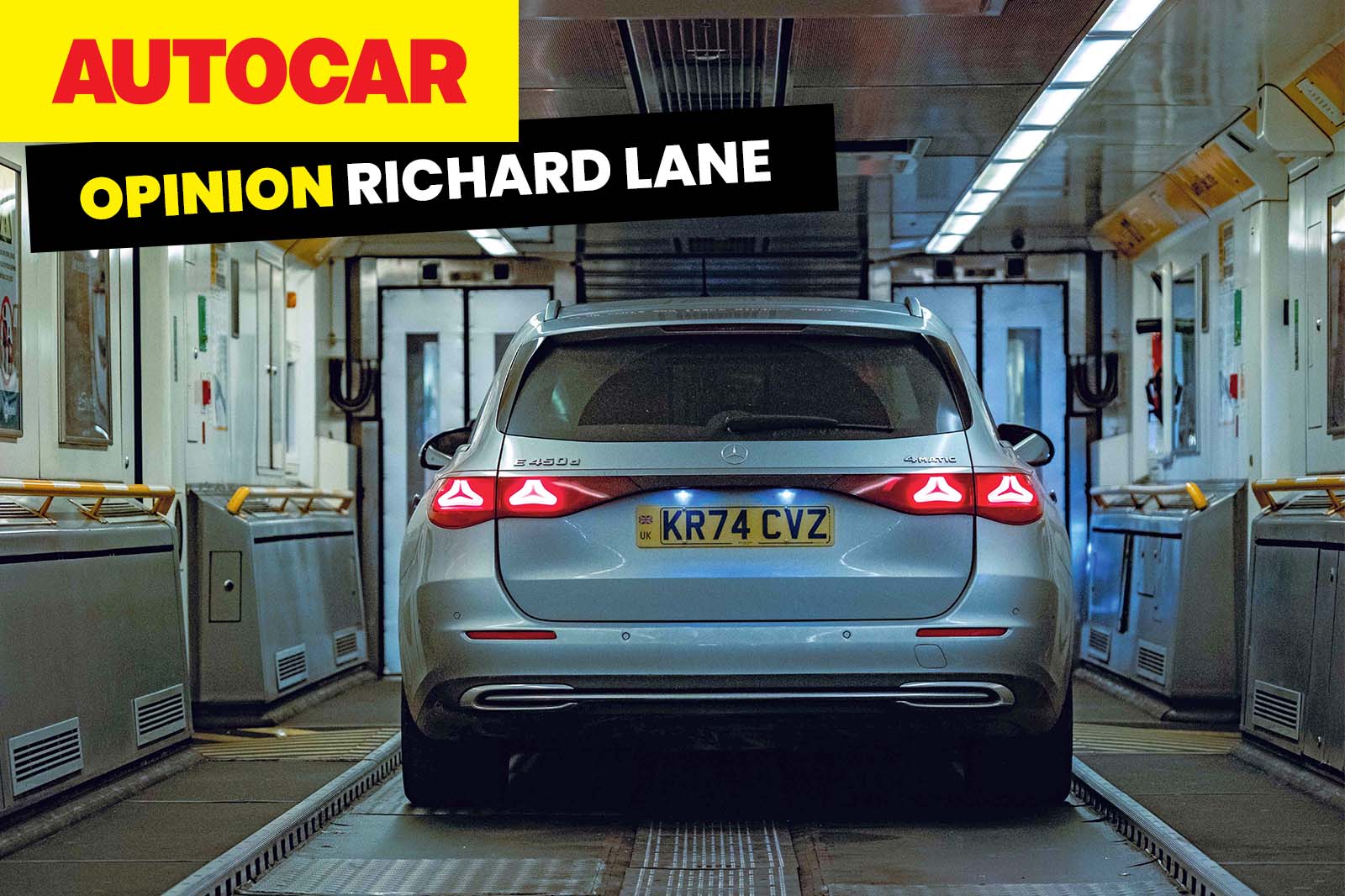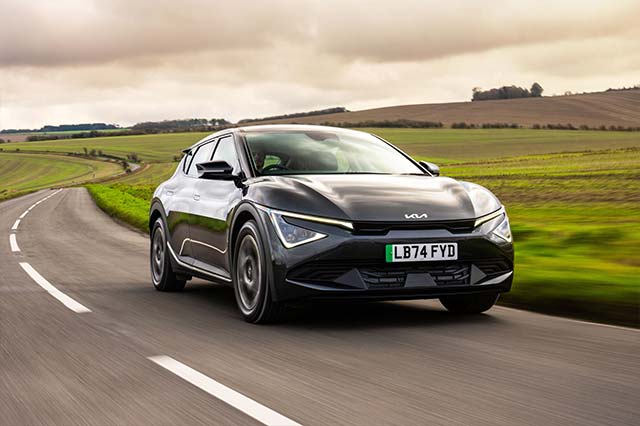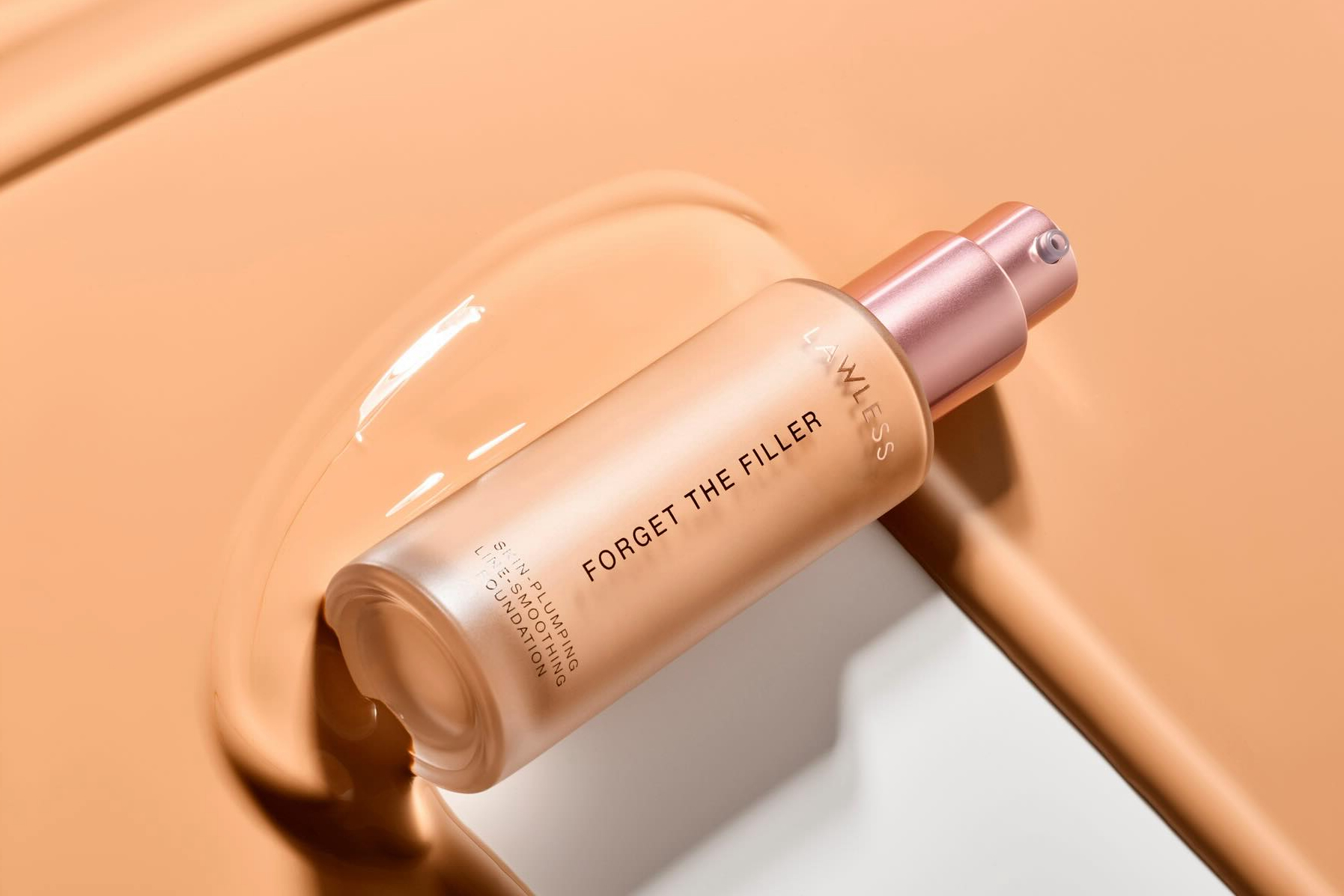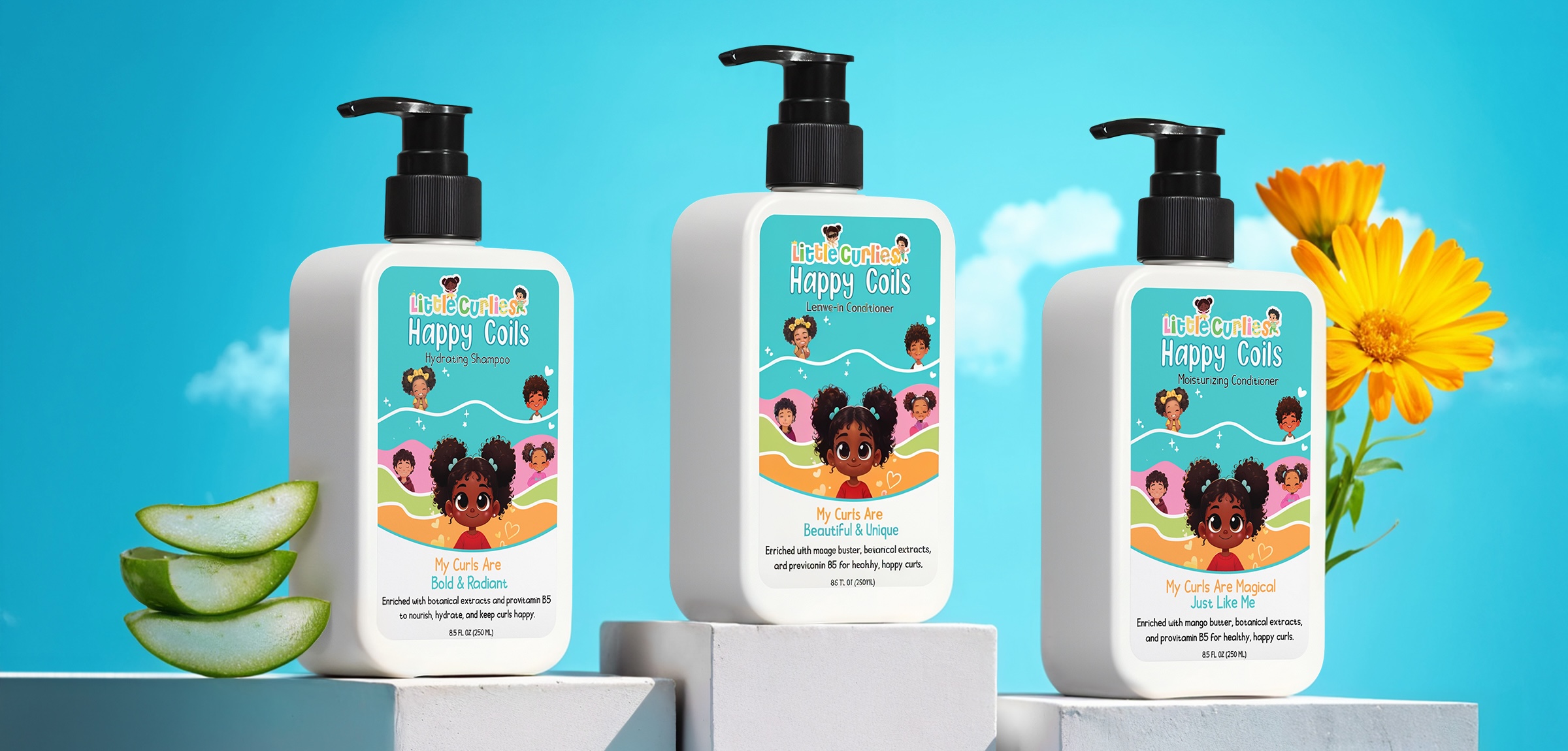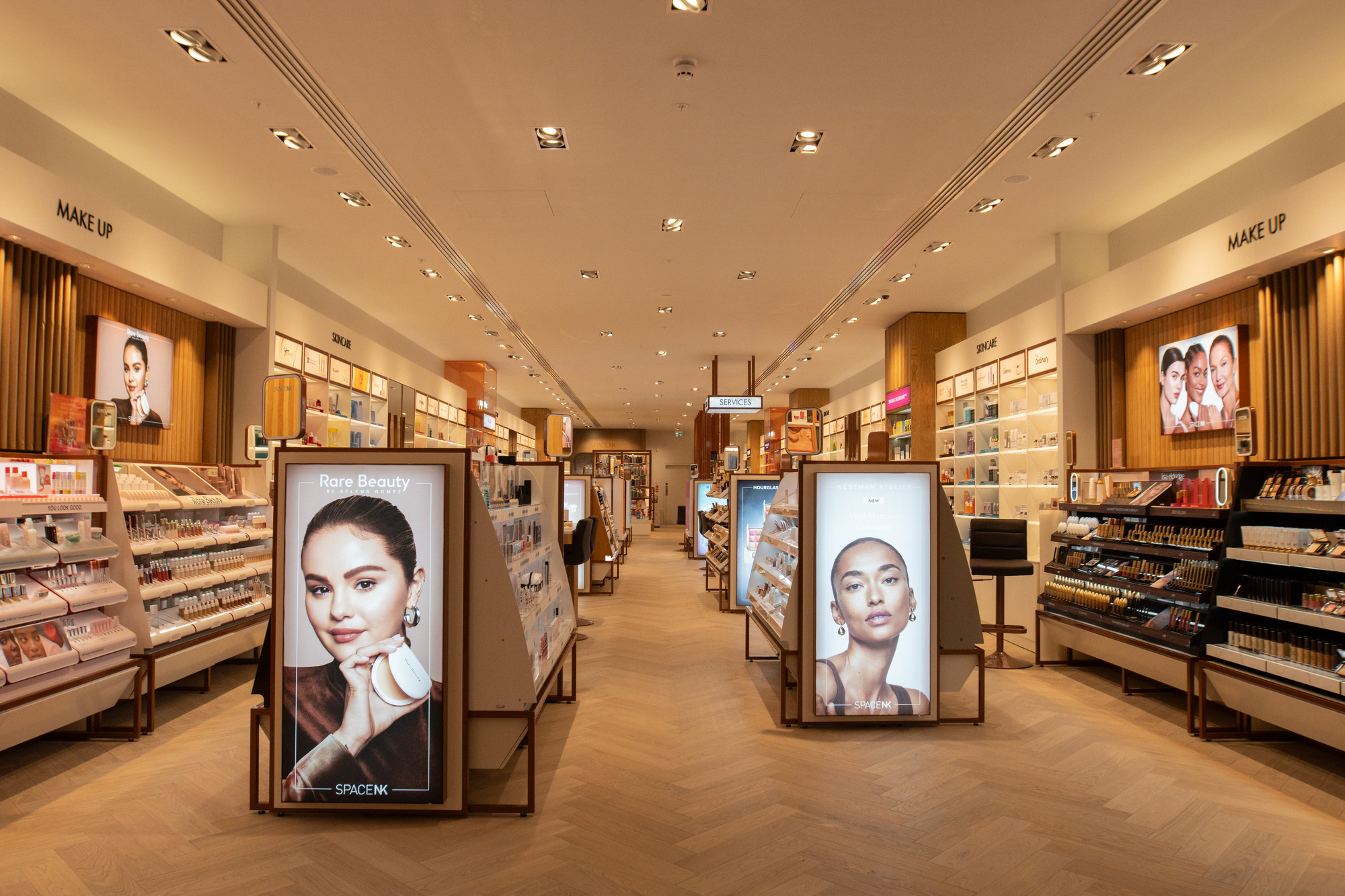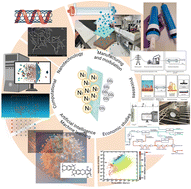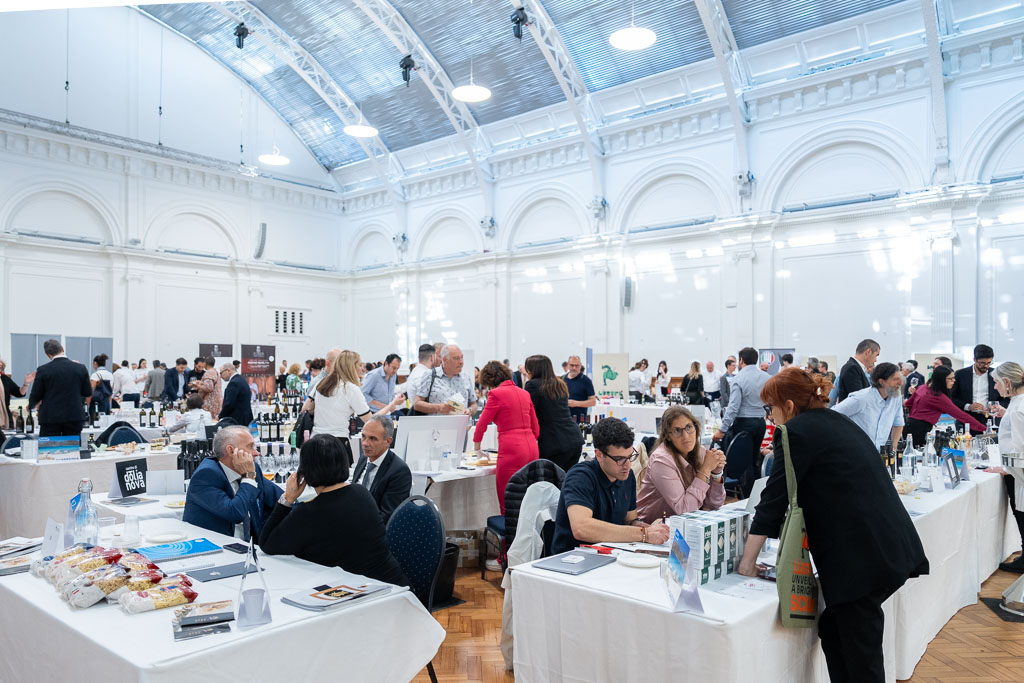Sustainable luxury: can the spirits industry walk the talk?
At the launch of Cygnet Gin's new expression, Cygnet 77, the brand brought together industry leaders at Harrods to discuss what sustainability really looks like in the luxury spirits space - and whether consumers are willing to practise what they preach. The post Sustainable luxury: can the spirits industry walk the talk? appeared first on The Drinks Business.
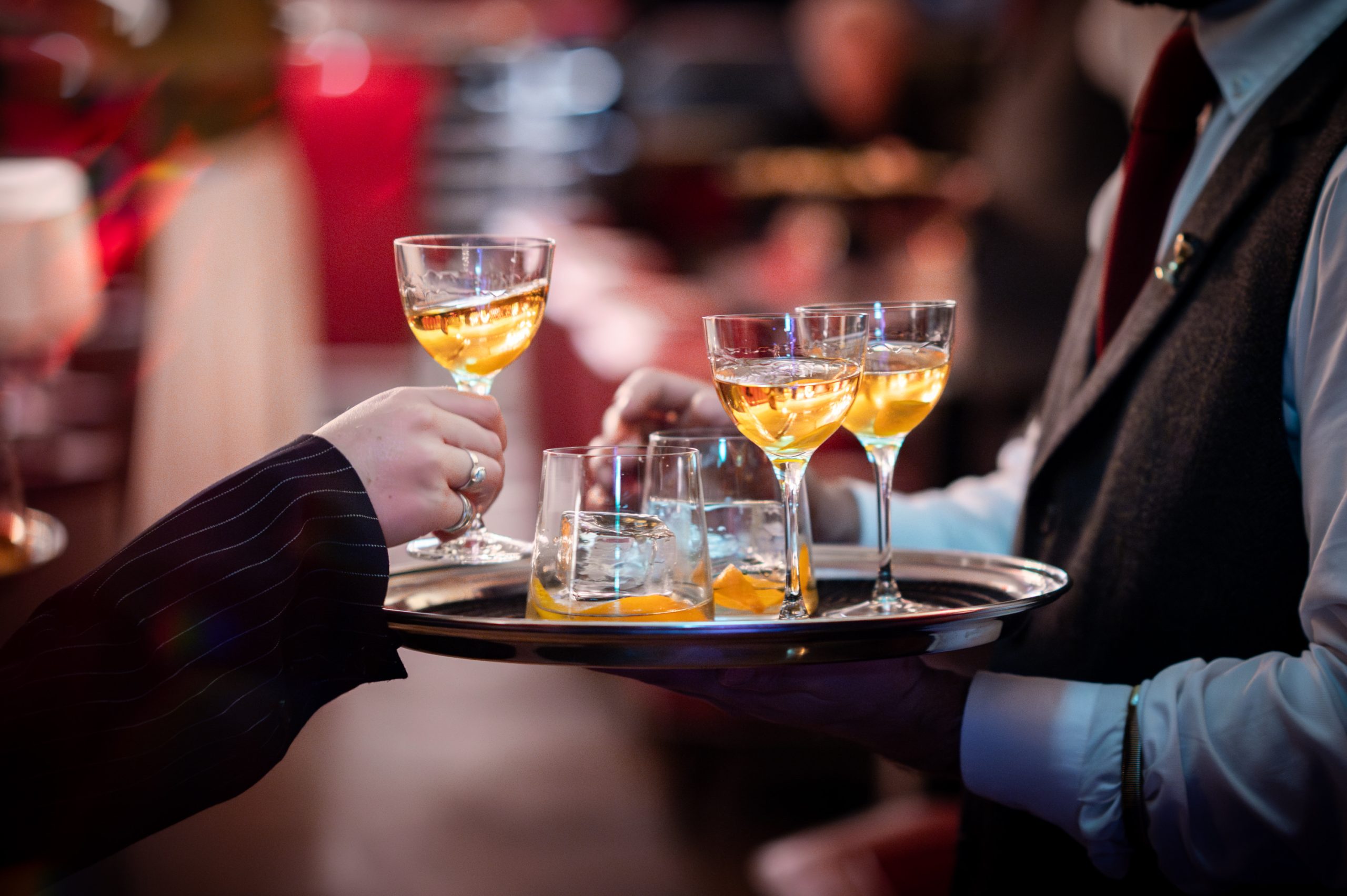
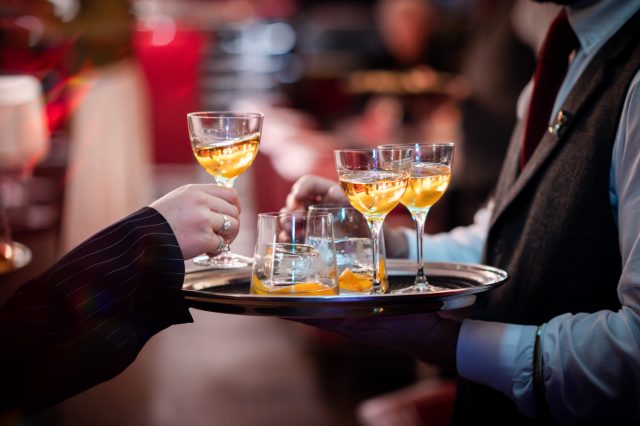
On 22 April 2025 - World Earth Day - Harrods hosted the official launch of Cygnet 77, a new barrel-aged expression from the luxury gin brand Cygnet. Held at the Baccarat Bar within Harrods’ Knightsbridge store, the event gathered media and industry figures for a panel discussion and tasting centred on sustainability in the luxury sector.
Chaired by drinks writer Joel Harrison, the discussion featured Harrods Managing Director Michael Ward and Cygnet co-founder professor Andrew Levitas. The conversation tackled head-on the tensions, progress and contradictions surrounding sustainability in luxury - particularly as expectations from consumers grow louder.
As Harrison noted, “Harrods is synonymous with global luxury. It really is the gold standard when it comes to luxury globally. But today, really discerning buyers are more conscious than ever. They’re demanding not just quality, prestige and integrity, but also transparency as well.”
Cygnet: innovation with intent
The event also marked the debut of Cygnet 77, a sipping gin aged for over a year in Welsh whisky barrels with Manuka honey - a bold and complex addition to the Cygnet collection. Following the success of Cygnet 22, this new expression continues the brand’s efforts to showcase what luxury gin can be.
Co-founded by Katherine Jenkins OBE and Professor Andrew Levitas, Cygnet is distilled at the Copperworks Distillery in Swansea. With design and sustainability at its core, the gin is presented in a hand-blown decanter that is 40% lighter than the industry average, crafted for reuse.

Transparency vs reality
In conversation, Michael Ward was clear: “It’s been here [sustainability at Harrods] now for many years, and the luxury industry is really the pioneer in sustainability... In all honesty, if you’re selling a jumper for £4000 - you can afford to be sustainable.”
But he also pointed out the paradox. “If you asked everyone in a question [what they value when buying luxury products] sustainability and ethics is high up there. But then you ask them ‘what did you do this summer? Did you have a couple of first class flights? Did you go on your father's boat that does 3 gallons to the mile’ and the answer is yes yes and yes.” He concluded, “So a lot of people approach it, but do they actually walk the walk?”
Levitas added that there are signs of real behavioural change among younger generations. “When I first started [teaching at NYU] every student would walk into class with a single use plastic bottle. And now nobody does... It’s more like second nature to them.”
Harrods’ sustainable strategy
The launch of Cygnet 77 aligns with Harrods’ broader ESG commitments, as outlined in its 2023 Environmental, Social and Governance report. The Knightsbridge store has introduced solar panels at its Thames Valley Distribution Centre (generating 41% of the site’s power), eliminated plastic from customer packaging, and mapped Scope 3 emissions across its supply chain.
As Ward noted, “The luxury industry has always been there - it’s always embraced [sustainability] and it can embrace. It’s a question of making sure we can bring everyone along on the road.”
Championing sustainable independents
While this particular event spotlighted a global brand, Harrods is also using its platform to elevate smaller luxury producers committed to sustainable practices. One such example is Edwards 1902, a Lincolnshire based vodka distilled using locally grown King Edward potatoes.Discussing topics surrounding sustainability commitments recently, Edwards 1902 co-founder Emma Hamilton explained, "As a small business, working with as many local suppliers as we can throughout our supply chain is essential. For example, our glass vodka bottle is produced in Leeds (only 60 miles away from our distillery) and the coffee that we use in our Coffee Liqueur is sourced from Lincoln & York roastery, who are on the same estate as us."
The distillery uses solar panels to offset its carbon footprint, and surplus energy is fed into the national grid. “If there is ever a surplus of electricity available from our panels, this is put directly into the grid as a source of green energy,” Hamilton said.
By giving space to independent, family-run brands alongside global brands like Cygnet, Harrods demonstrates that luxury and sustainability aren’t the preserve of scale, but of values and commitment.
The consumer conundrum
Despite 73-85% of global consumers stating they’re willing to change habits to reduce environmental impact (according to Nielsen), actions still lag behind intentions - particularly in luxury.
As the conversation at the Cygnet 77 launch made clear, sustainable transformation in luxury isn’t just about beautiful bottles or recycled packaging. It’s about redefining what value truly means - and whether luxury can be both indulgent and responsible in a world that demands both.

















